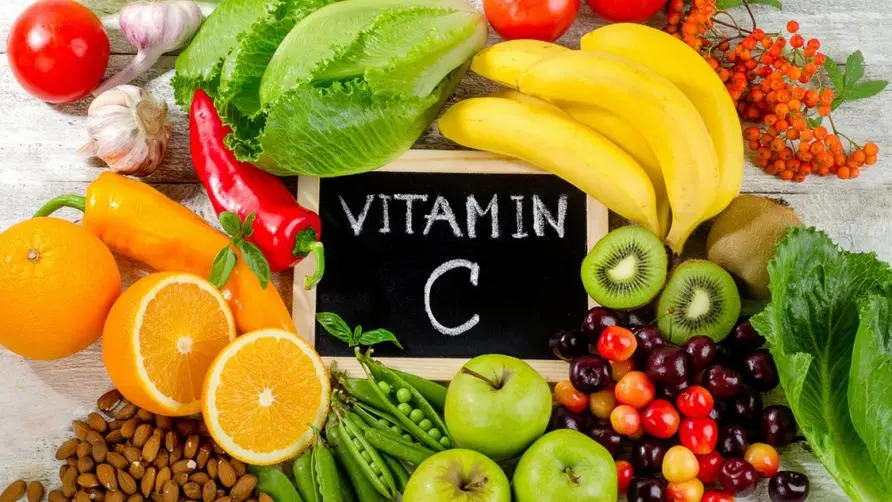Is drinking "plant milk" healthier? Nutritionist reveals that "it" is fatter than milk: equivalent to drinking 1/4 bowl of rice

Are plant milks healthier than cow’s milk? Who is suitable to drink plant milk?
With the rise of the concept of health and wellness, in recent years there has been a trend in the catering market to replace ordinary milk with “plant milk”. In fact, in addition to oat milk, which is now very common, the soy milk and rice milk that Taiwanese people often drink in breakfast bars and convenience stores can also be considered a type of plant milk. In addition, plant milks such as almond milk, pea milk, and coconut milk are not uncommon in Taiwan, and each has certain nutritional value.
Nutritionist Yu Zhuqing stated in a social post that the plant milk mentioned above is mostly made from nuts and grains, and is mixed with water. The calorie and fat content of plant milk is indeed lower than that of ordinary milk, and the content of dietary fiber is more than that of milk. It is easy to produce a feeling of satiety, so it is relatively suitable for people who are losing weight and are controlling calories.
In addition, plant milk has also benefited people who are lactose intolerant or allergic to milk. In recent years, environmental awareness has gradually increased. Many people adopt vegetarian or plant-based diets to support the reduction of carbon emissions from animal husbandry, which has also become a One of the main factors driving the trend of drinking plant milk.
5 common plant milks with the highest calories! Nutritionist reveals: Drinking 1 cup is equivalent to eating 1/4 bowl of rice
However, which type of plant milk has higher nutritional value? Is there a risk of “exploding the card” if you drink too much? Nutritionist Yu Zhuqing lists common plant milk types and nutritional ingredients as follows:
1. Oat milk
Calories: 58kcal
Protein: 1.3g
Fat: 2.6g
Sugar content: 7.8g
Calcium: 120g (Oat milk itself has no calcium, and commercially available oat milk often adds calcium carbonate or calcium phosphate.)
It is rich in dietary fiber and is a whole grain drink, so although it has lower calories than milk, its sugar content is higher. If you are controlling your carbohydrate content, be careful to avoid overdose when drinking.
2. Almond milk
Calories: 23kcal
Protein: 0.4g
Fat: 1.0g
Sugar content: 3.2g
Calcium: 120g
Unlike traditional Taiwanese almond tea, which uses apricots, almond milk uses almonds that are commonly available on the market. Almond milk is lower in calories and protein, but higher in calcium; and because it is gluten-free, it is a good alternative for those with gluten or milk allergies.
3. Soy milk
Calories: 54kcal
Protein: 3.3g
Fat: 1.8g
Carbohydrate: 6g
Calcium: 25g
Also known as soy milk, it uses soybeans or black beans as the main raw material. It is a drink with high protein content among plant milks. The calcium content of soy milk is almost the same as that of milk, and it is one of the sources of high-quality protein for vegetarians.
4. Rice milk
Calories: 66kcal
Protein: 1.2g
Fat: 1.9g
Sugar content: 11g
Calcium: 4g
Both oat milk and oat milk are whole grain drinks. Because rice milk has a higher sugar content, it tends to make you feel full. Most commercially available rice milk also adds sesame seeds, peanuts, etc. to enrich the taste, and a certain amount of sugar. Therefore, it has high calories, which is equivalent to drinking a quarter of a bowl of white rice. Therefore, it is recommended to drink it in moderation to avoid ingestion. excess heat.
5. Pea milk
Calories: 42kcal
Protein: 2.0g
Fat: 3.0g
Sugar content: 1.9g
Calcium: 120g
Both almond milk and almond milk are plant milks with relatively high protein and calcium content, and contain a variety of minerals. It is not yet common in Taiwan, but in Europe and the United States, pea milk is becoming more and more popular due to the rise of gluten-free diets.
Nutritionist Yu Zhuqing emphasized that from a nutritional point of view, milk is still a drink rich in nutrients and a better source of protein and calcium intake. However, if you are a vegetarian, or have lactose allergy, lactose intolerance, etc., plant milk can be regarded as an alternative measure. If you don’t have too many health problems or dietary restrictions, it is recommended that milk and plant milk can be consumed alternately, so that you can get a variety of different nutrients.
Finally, nutritionist Yu Zhuqing reminds the public that when purchasing commercially available plant milk, you should pay more attention to nutritional labels and ingredients. Usually, in addition to water, specific brands of workplace milk will also add other ingredients to enrich the taste. Each brand’s formula is different. It is recommended that no matter the brand, remember to choose mainly sugar-free and low-calorie products to avoid excessive calorie intake and harm to health.
Further reading:





